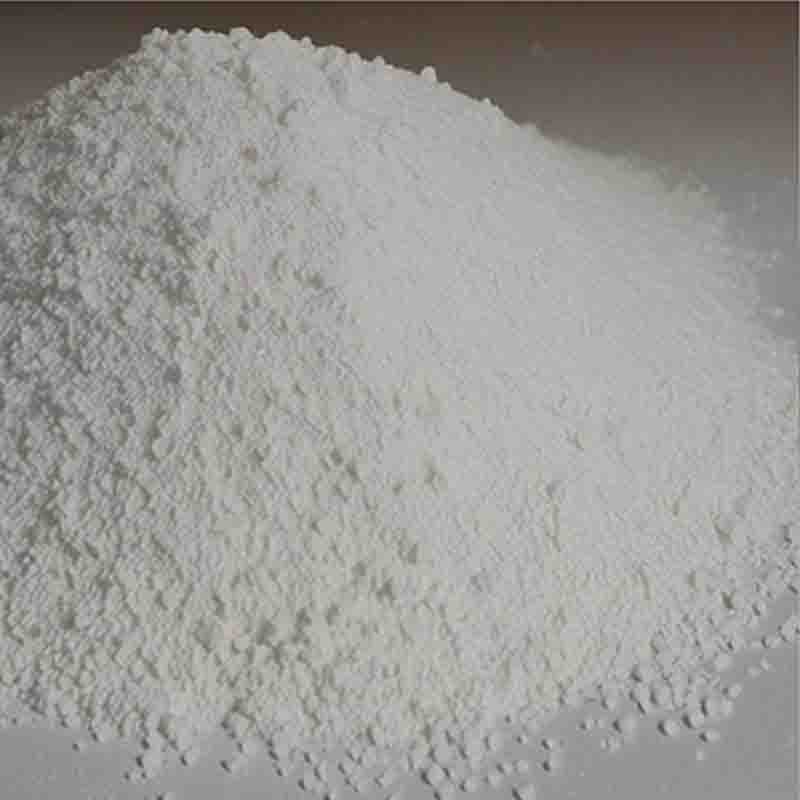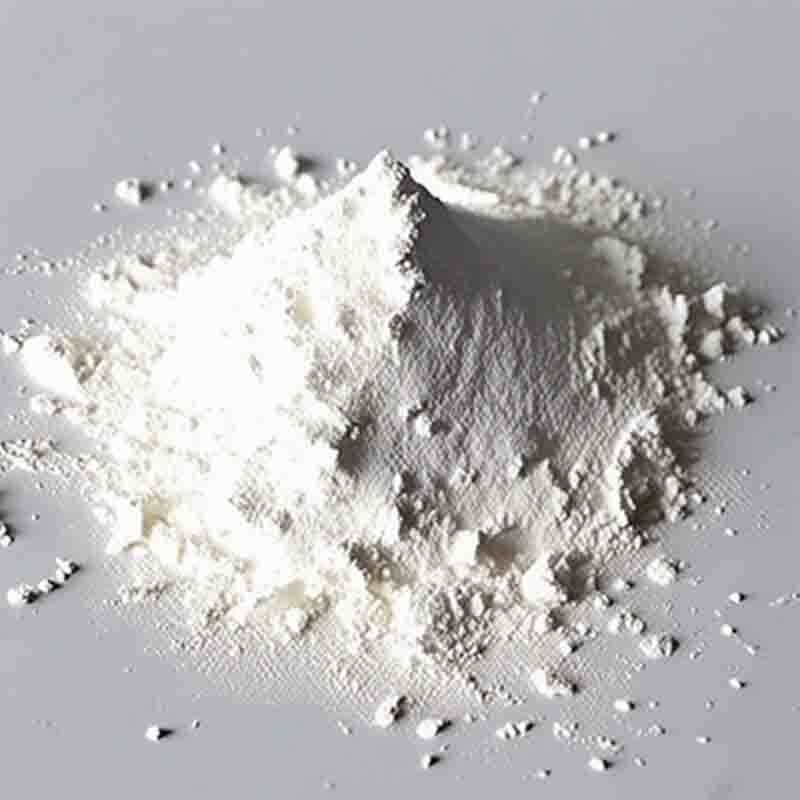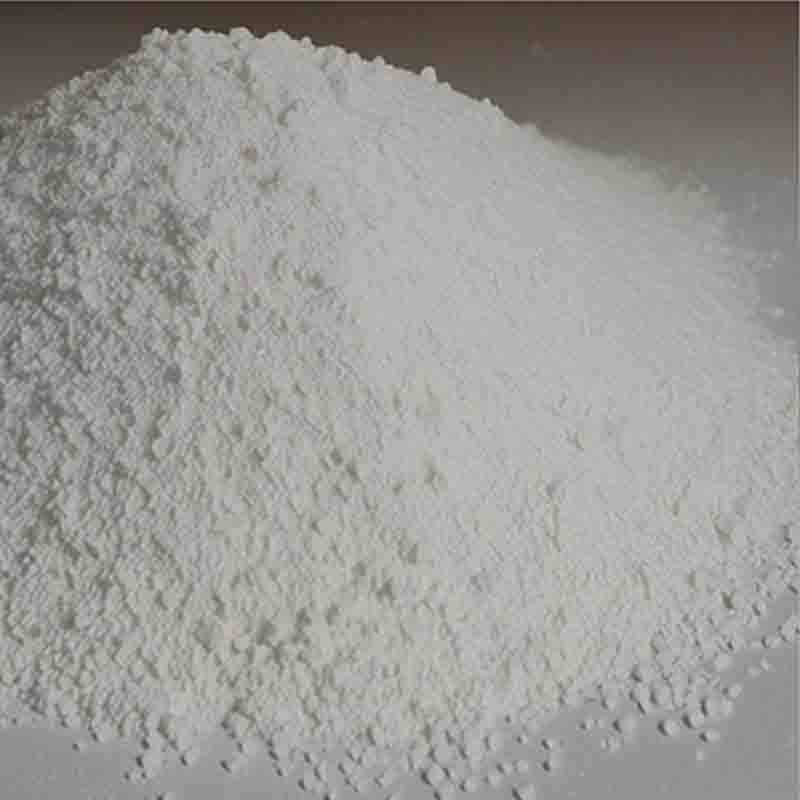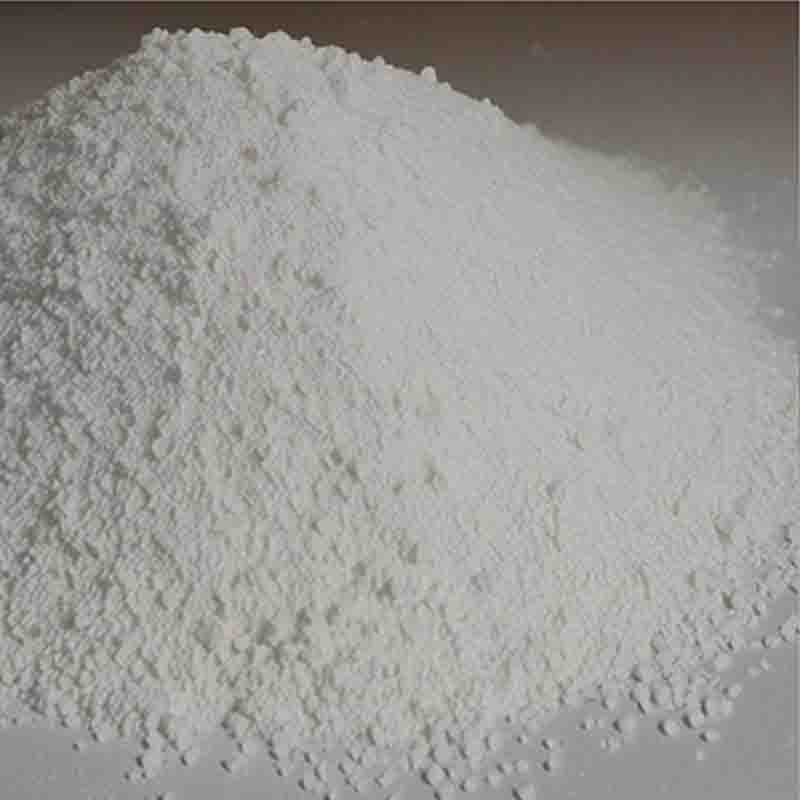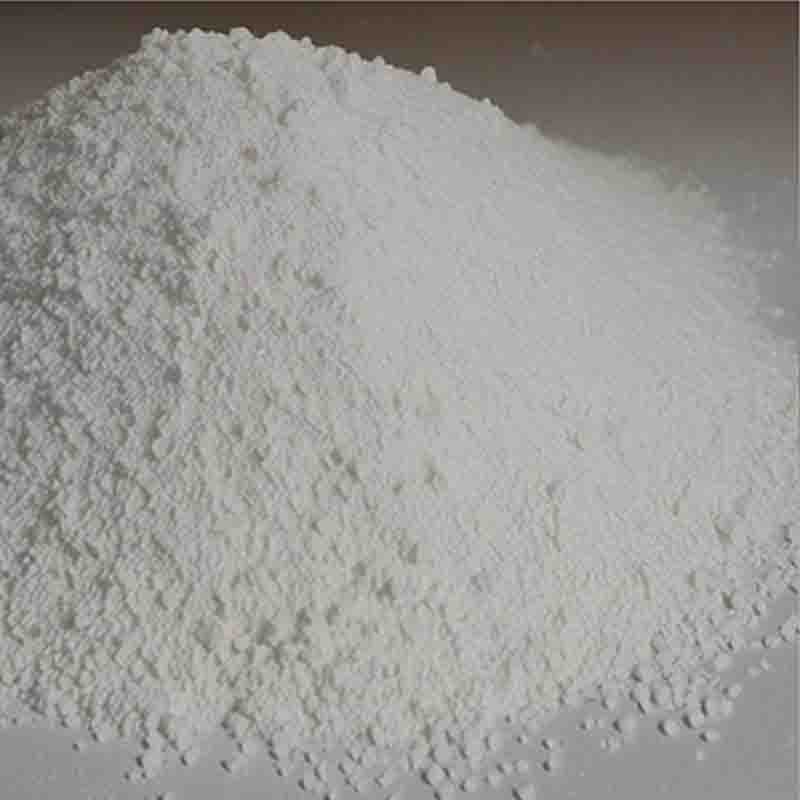Lithiumethoxide CAS:2388-07-0
| Catalog Number | XD96257 |
| Product Name | Lithiumethoxide |
| CAS | 2388-07-0 |
| Molecular Formula | C2H5LiO |
| Molecular Weight | 52 |
| Storage Details | Ambient |
Product Specification
| Appearance | White powder |
| Assay | 99% min |
Lithium ethoxide, also known as lithium ethylate, is a chemical compound that consists of a lithium cation (Li+) bonded to an ethoxide anion (C2H5O-). This compound has several effects and applications in various chemical reactions.One of the main effects of lithium ethoxide is its strong basicity. The ethoxide anion is a powerful nucleophile and can participate in a wide range of reactions. It can deprotonate acidic compounds such as alcohols, amides, and carboxylic acids, leading to the formation of alkoxides, amides, and carboxylates, respectively. This deprotonation ability is particularly useful in organic synthesis, as it allows for the formation of new carbon-carbon or carbon-nitrogen bonds.Lithium ethoxide is also reactive towards carbonyl compounds. It can serve as a catalyst in aldol condensation reactions, where it promotes the formation of carbon-carbon bonds. This reaction is commonly used in the synthesis of complex molecules, as it allows for the construction of carbon frameworks. Additionally, lithium ethoxide can participate in the Claisen condensation, another important carbon-carbon bond-forming reaction.Another effect of lithium ethoxide is its involvement in transesterification reactions. Transesterification involves the exchange of an ester group with an alcohol, resulting in the formation of a new ester. Lithium ethoxide can act as a base in transesterification reactions, allowing the ester to undergo a nucleophilic attack by an alcohol, leading to the formation of a new ester with a different alcohol moiety. This reaction is widely used in the production of biodiesel, where triglycerides are converted into methyl or ethyl esters.Furthermore, lithium ethoxide is employed in the synthesis of various organolithium compounds. By reacting with suitable substrates, it can transfer the lithium cation to generate organolithium reagents. These reagents are highly reactive and are used in a variety of synthetic transformations, such as nucleophilic substitutions and additions.In summary, lithium ethoxide exhibits strong basicity and serves as a valuable reagent in various chemical reactions. Its ability to deprotonate acidic compounds, catalyze condensation reactions, participate in transesterifications, and enable the synthesis of organolithium compounds makes it an important tool in organic synthesis. The diverse effects of lithium ethoxide make it a versatile reagent for the construction of complex organic molecules.


